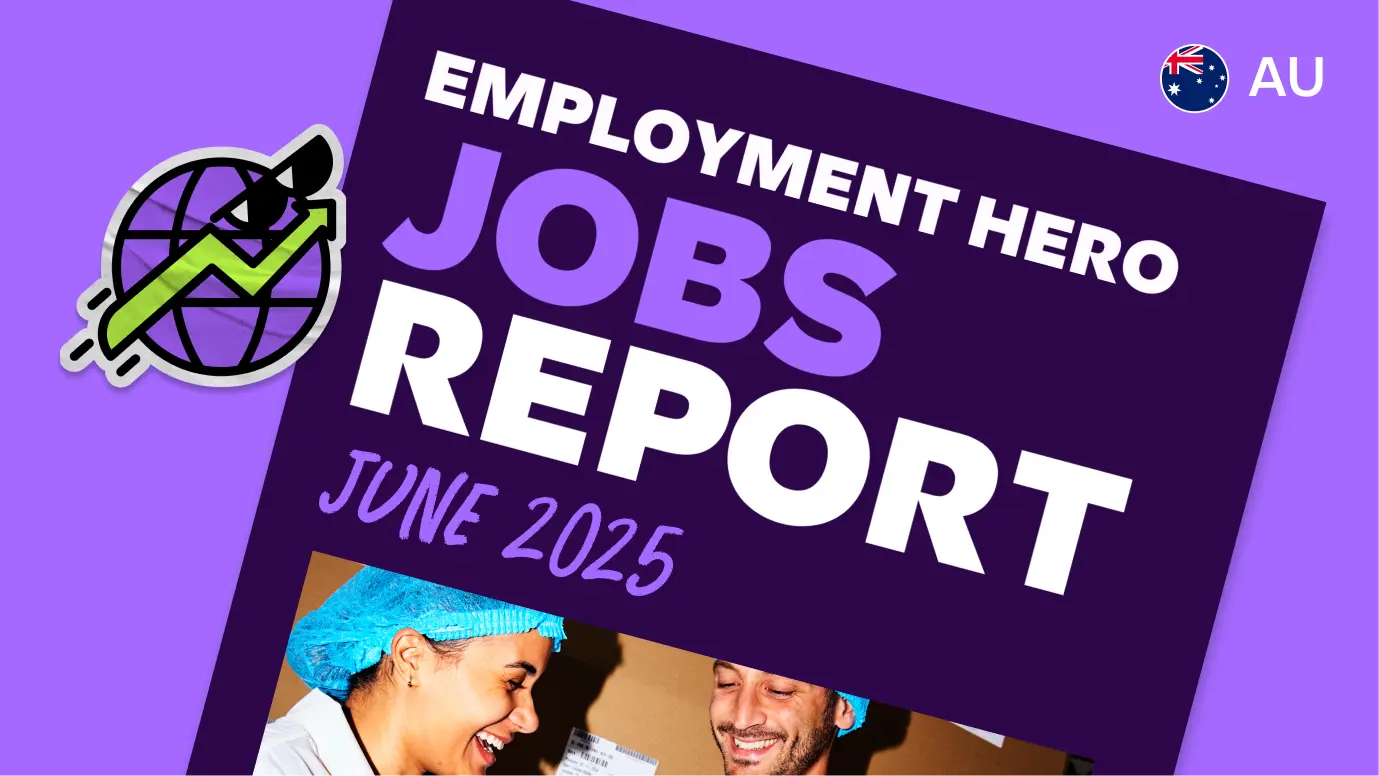
Early last year, we first heard about the ‘Right to Disconnect’ Bill – but what is it and why has it gained so much media attention recently?
We’re unpacking what it is, when it comes into effect and what this means for both employers and employees.
What’s in the ‘Right to Disconnect’ factsheet?
- What is the ‘Right to Disconnect’?
- When does the ‘Right to Disconnect’ come into effect?
- What is deemed reasonable and unreasonable contact?
- Who can employees refuse contact from?
- What does refusing contact mean?
- Will I commit an offence if I send a message to an employee outside of working hours?
- Plus, our top tips for compliance
What is the ‘Right to Disconnect’?
In March 2023, a proposal was made to amend the Fair Work Act 2009 known as the ‘Right to Disconnect’ Bill. Under this Bill, employers would not be able to contact their employees outside of their usual working hours if it was deemed unreasonable.
It also states that employees would not be expected to monitor, read or respond to any communications from their employer or place of work if it was outside of working hours.
In simple terms, it means that if an employee was to ignore messages or communications sent to them outside of working hours, they will not be punished for it.
“What we’re simply saying is that someone who’s not being paid 24 hours a day shouldn’t be penalised if they’re not online and available 24 hours a day”, Prime Minister, Anthony Albanese said.
It’s important to be aware that the legislation does not place a ban on employers contacting their team after working hours, and focuses on no punishment for the employee not responding if they choose not to.
The concept of the ‘Right to Disconnect’ originates from a similar change that is sweeping through Europe, with France introducing a similar right to disconnect in 2017 and more recently, Spain.
Disclaimer: The information in this article is relevant as at 9 August 2024, and has been prepared by Employment Hero Pty Ltd ABN (11 160 047 709) (Employment Hero). The views expressed herein are general information only and are provided in good faith to assist employers and their employees. The Information is based on data supplied by third parties. While such data is believed to be accurate, it has not been independently verified and no warranties are given that it is complete, accurate, up to date or fit for the purpose for which it is required. Employment Hero does not accept responsibility for any inaccuracy in such data and is not liable for any loss or damages arising either directly or indirectly as a result of reliance on, use of or inability to use any information provided in this article
Related Resources
-
 Read more: Hire like a Hero: How to Source and Engage Top Talent
Read more: Hire like a Hero: How to Source and Engage Top TalentUpcoming
Hire like a Hero: How to Source and Engage Top Talent
Join us to explore hiring strategies and tools that work. Get practical advice to attract top talent, streamline hiring, and…
-
 Read more: 5 Reasons You’re Not Landing the Job And What Experts Say You Should Do Instead
Read more: 5 Reasons You’re Not Landing the Job And What Experts Say You Should Do Instead5 Reasons You’re Not Landing the Job And What Experts Say You Should Do Instead
Published If you’ve got the right experience and real impact stories to tell but you’re still not landing the role,…




















